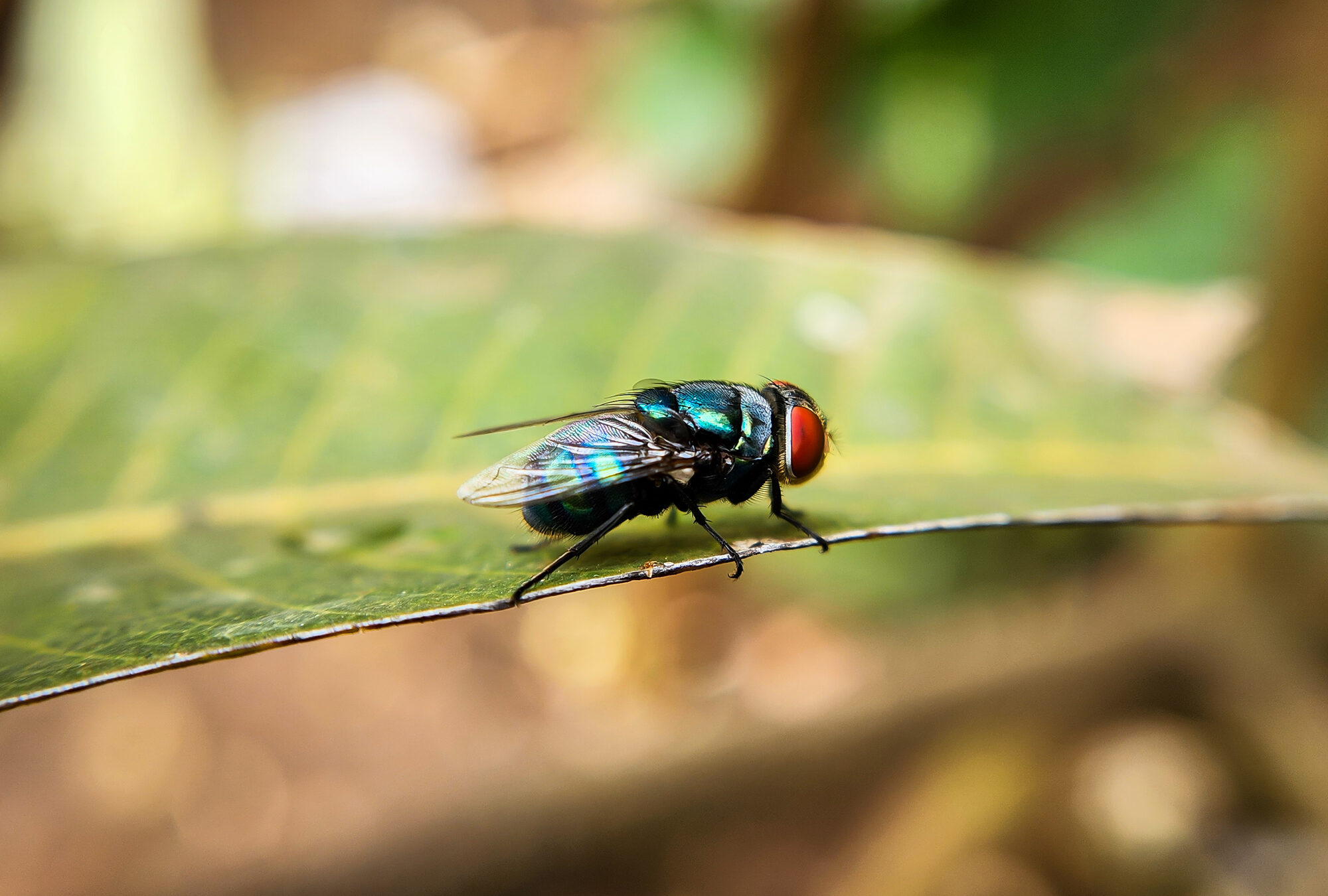pro@reddthat.com
Posts
-
Common sugar substitute shown to impair brain cells, boost stroke riskThis post did not contain any content. -
People with social anxiety disorder have a different gut microbiome - transplanting their microbiome to mice causes the mice to suffer from increased social fearThis post did not contain any content. -
How Academics Are Pushing Back on the For-Profit Academic Publishing IndustryThis post did not contain any content. -
Evolution made us cheats, now free-riders run the world and we need to changeThis post did not contain any content.
Evolution made us cheats, now free-riders run the world and we need to change, new book warns
In Invisible Rivals, published by Yale University Press on 17 June, Dr Goodman argues that throughout human history we have tried to rid our social groups of
University of Cambridge (www.cam.ac.uk)
-
The U.S. Government Is Starving Its Own Scientists of KnowledgeThis post did not contain any content.
The U.S. Government Is Starving Its Own Scientists of Knowledge
Opinion | The National Agricultural Library canceled many journal subscriptions to save costs, leaving USDA staff without access.

Undark Magazine (undark.org)
-
Abortion bans have led to more relationship violence, new research findsThis post did not contain any content.
Abortion bans have led to more relationship violence, new research finds
A Northeastern researcher tracked a spike in intimate partner violence after the Supreme Court overturned Roe v. Wade in 2022.

Northeastern Global News (news.northeastern.edu)
-
Team discovered cells and structures that let squid skin change from transparent to colored, leading to a new tunable material for camouflage, displays, and thermal management.- UC Irvine researchers and collaborators at the Marine Biological Laboratory have uncovered cells and structures responsible for helping squid skin change from transparent to colored.
- The scientists drew inspiration from squid skin to develop an advanced tunable material for use in camouflage, displays, and thermal management.

UC Irvine-led team uncovers cell structures that squids use to change their appearance
Inspired by new knowledge, researchers develop tunable, multispectral composite material
UC Irvine News (news.uci.edu)
-
Tuberculosis bacteria ‘play dead’ to beat vaccinesThis post did not contain any content. -
Poverty may kickstart the next pandemicThis post did not contain any content. -
Students more likely to pass oral exams at noon — and that might apply to job interviews, tooThis post did not contain any content. -
Why are women twice as likely to develop Alzheimer’s as men?This post did not contain any content. -
The Rise of Influencer Practices Among Psychologists: From Therapy Rooms to Instagram ReelsThis post did not contain any content. -
Indoor air contains thousands of microplastics small enough to penetrate deep into our lungsThis post did not contain any content. -
Beyond the alpha male: Primate studies challenge male-dominance normsThis post did not contain any content. -
Chemical shield stops stressed DNA from triggering diseaseThis post did not contain any content. -
Study Finds Ethical Justification To Eradicate Certain Harmful SpeciesThis post did not contain any content.
Study Finds Ethical Justification To Eradicate Certain Harmful Species
Using screwworms, mosquitoes and invasive rodents as case studies, a team of researchers, including a Texas A&M professor, argues that deliberate full extinction is acceptable, but only rarely.
(stories.tamu.edu)
-
16 Ways People Find Purpose Around the WorldThis post did not contain any content. -
Over 400 different types of nerve cell have been grown – far more than ever before- Nerve cells can be grown from stem cells in Petri dishes, enabling scientists to research diseases. Previously, it was only possible to create a few dozen different types of nerve cell.
- Using a new method, researchers have now managed to produce over 400 different types of nerve cell.
- Cell culture models with cells of this kind are of interest for research into diseases such as Alzheimer’s and Parkinson’s, as well as for testing new drugs in pharmaceutical research.

Over 400 different types of nerve cell have been grown – far more than ever before
For the first time, researchers at ETH Zurich have successfully produced hundreds of different types of nerve cell from human stem cells in Petri dishes. In the future, it will thus be possible to investigate neurological disorders using cell cultures instead of animal testing.

ETH Zurich (ethz.ch)
-
Shattered Science: The Research Lost as Trump Targets NIH FundingThe National Institutes of Health is responsible for more than 80% of the world’s grant investment in biomedical research. Its funding has sparked countless medical breakthroughs — on cancer, diabetes, strokes — and plays a fundamental role in the development of pharmaceutical drugs.
Scientists compete vigorously for a slice of the more than $30 billion that the agency doles out annually; they can spend years assembling grant applications that stretch thousands of pages in hopes of convincing peer reviewers of the promise of their projects. Only 1 in 5 gets chosen.
The NIH has rarely revoked funding once it has been awarded. Out of the tens of thousands of grants overseen by the institution since 2012, it terminated fewer than five for violations of the agency’s terms and conditions.
Then Donald Trump was reelected.
Since his January inauguration, his administration has terminated more than 1,450 grants, withholding more than $750 million in funds; officials have said they are curbing wasteful spending and “unscientific” research. The Department of Government Efficiency gave the agency direction on what to cut and why, ProPublica has previously found, bypassing the NIH’s established review process.
“The decision to terminate certain grants is part of a deliberate effort to ensure taxpayer dollars prioritize high-impact, urgent science,” said Andrew G. Nixon, the director of communications for the Department of Health and Human Services. He did not respond to questions about the terminated grants or how patients may be impacted, but he said, “Many discontinued projects were duplicative or misaligned with NIH’s core mission. NIH remains focused on supporting rigorous biomedical research that delivers real results — not radical ideology.”
Targeted projects, however, were seeking cures for future pandemics, examining the causes of dementia and trying to prevent HIV transmission.
The mass cancellation of grants in response to political policy shifts has no precedent, former and current NIH officials told ProPublica. It threatens the stability of the institution and the scientific enterprise of the nation at large. Hundreds of current and former NIH staffers published a declaration this week — cosigned by thousands of scientists across the world, including more than 20 Nobel laureates — decrying the politicization of science at the agency and urging its director to reinstate the canceled grants. Many researchers have appealed the terminations, and several lawsuits are underway challenging the cuts.
It has been difficult for scientists and journalists to convey the enormity of what has happened these past few months and what it portends for the years and decades to come. News organizations have chronicled cuts to individual projects and sought to quantify the effects of lost spending on broad fields of study. To gain a deeper understanding of the toll, ProPublica reached out to more than 500 researchers, scientists and investigators whose grants were terminated.
More than 150 responded to share their experiences, which reveal consequences that experts say run counter to scientific logic and even common sense.
They spoke of the tremendous waste generated by an effort intended to save money — years of government-funded research that may never be published, blood samples in danger of spoiling before they can be analyzed.
Work to address disparities in health, once considered so critical to medical advancement that it was mandated by Congress, is now being cut if the administration determines it has any connection to “diversity,” “equity” or “gender ideology.” Caught in this culling were projects to curb stillbirths, child suicides and infant brain damage.
Researchers catalogued many fears — about the questions they won’t get to answer, the cures they will fail to find and the colleagues they will lose to more supportive countries. But most of all, they said they worried about the people who, because of these cuts, will die.

Shattered Science: The Research Lost as Trump Targets NIH Funding
The Trump administration cut research funding that sought cures for future pandemics, examined the causes of dementia and tried to prevent HIV transmission. More than 150 researchers shared with ProPublica what is being lost.
ProPublica (projects.propublica.org)
-
Social connection linked to improved health and reduced risk of early deathThis post did not contain any content.